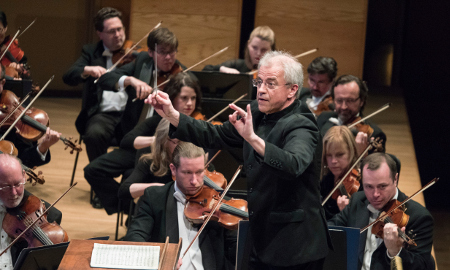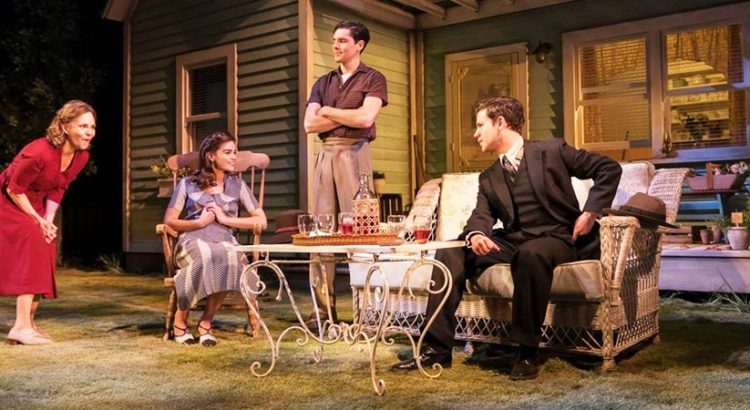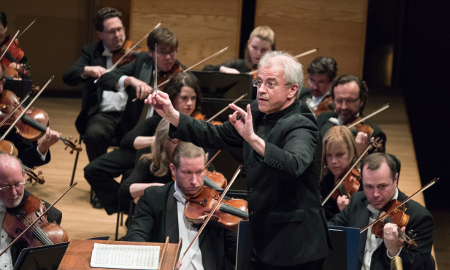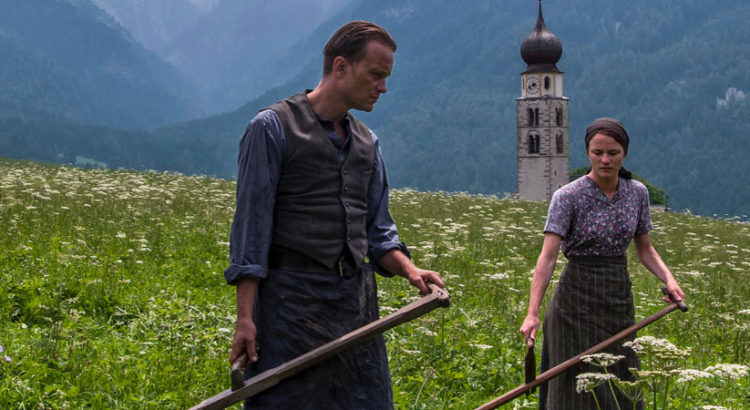This last Saturday, the Minnesota Orchestra, led by Finnish conductor Osmo Vänskä, delivered a lovely and pulsed performance of some of Jean Sibelius’s most beloved works. This sprawling orchestra shone under the lights of the Hill and filled the auditorium with a melancholic music perfect for a January concert.
Making its UMS premiere was Sibelius’s 1990 work, “Snöfrid” (which translates to Snow Peace). A part of an unfinished opera by the late composer, Snöfrid is accompanied by a poem encompassing the love that Gunnar, a young warrior, has for a female spirit in the woods. This lovely piece was accompanied by the UMS Choral Union, and translated lyrics were provided for the audience members. This being said, the words and meanings of Snöfrid seemed to not fit the context when separated from its opera, and I would have preferred that we weren’t delivered the slightly disconcerting translation of Snöfrid’s poetic movements.
The true highlight of this concert was the performance of Sibelius’s “Concerto in d minor,” featuring the talented American-born Finnish violinist Elina Vähälä. Her presence was truly striking as she ventured onto center stage in her red performance dress, and to bear witness to her poised and polished playing was utterly captivating. It’s always a precious thing to see an artist truly tuned into their craft, as if the only one in the room.
Sibelius’s Symphony no. 5, played for the second half of the concert, led differently than the likes of his Concerto, and while the music seemingly had less predictable direction (melody-wise), there were swells of triumph and hone-ins of delicate moments.
This vein of music not only provides a lovely listening experience, but a lively visual demonstration of Osmo Vänskä’s unique European conducting style. The complexity of this music easily allows an audience member to find themselves being immersed into this crafted music. All things considered, this music of Sibelius has an unpredictable melodic direction, and often times I felt lost amidst the come-and-go musical ideas. However, as the work of Sibelius often cuts its own path, the sounds of Finnish musical heritage seemingly contrasts the more widely-known sound of Western classical music, such as the works of Mozart. This musical experience, ultimately, was an immersive and edifying time that deserves admiration and celebration.









